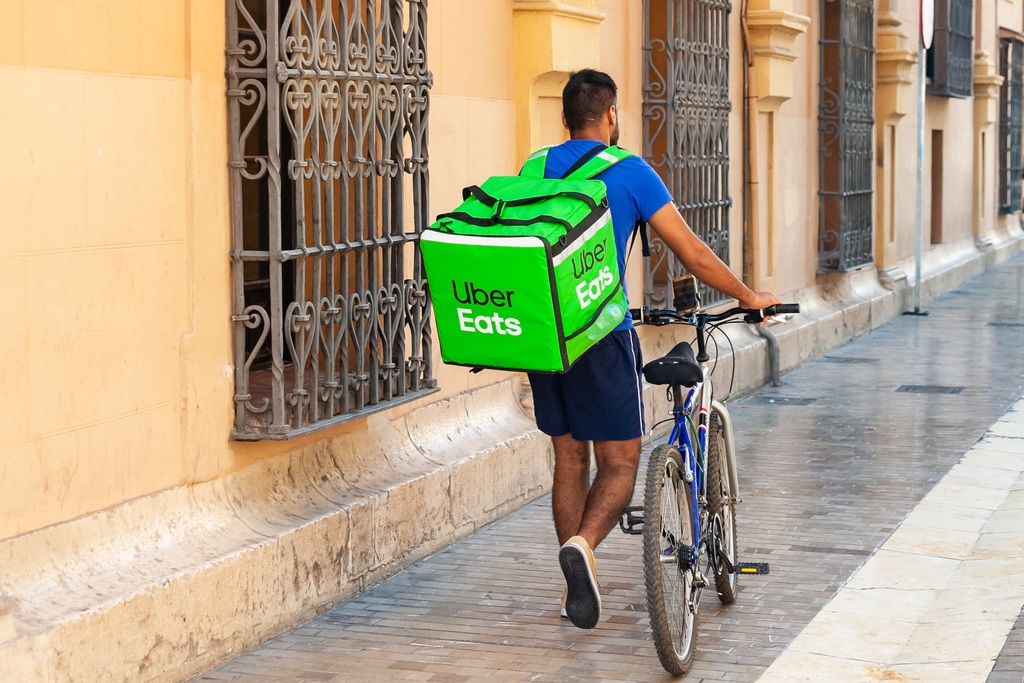
Kelly Rose
Editor

Kelly Rose
Editor
THE INSTITUTION of Occupational Safety and Health (IOSH) has called for a “swift response” to a UK High Court ruling that ‘gig’ workers should be offered the same protection as permanent colleagues.
The recent judgement found that workers in the UK gig economy were not being granted the rights they are entitled to under European safety and health law, including the provision of personal protective equipment and the right to stop work in response to serious and imminent danger.
IOSH, which has long called for greater protection for non-permanent and ‘gig’ workers, says it is crucial such measures are implemented quickly, adding that the importance of good safety and health standards is emphasised by the Covid-19 pandemic, with the urgent need to support both occupational and public health.
It also believes that businesses should already be offering protection to ALL workers, whether they are permanent or temporary.
In addition, it has highlighted that the UK Government guidance on Coronavirus clearly states that workers should not be forced into unsafe workplaces and the health and safety of workers and visitors, and public health, should not be put at risk.
“IOSH welcomes recognition from the High Court that ‘gig’ workers should have the same occupational safety and health protections as employees and emphasises that responsible organisations should already be protecting workers during this pandemic, to support both occupational and public health,” said Richard Jones, Head of Policy and Regulatory Engagement at IOSH.
“No one should have their safety and health put at risk by the work they do, regardless of whether they are on a permanent contract or a ‘gig’ worker. We would like to see a swift response to this to ensure this is the case.
“It’s vital that those in the ‘gig economy’ who provide services to the public, such as road transport drivers, taxicab drivers and chauffeurs, are not exposed to Covid-19 at work.”
According to TUC estimates, one in 10 adults – about 4.7 million people – are involved in ‘gig economy’ work.
IOSH has previously highlighted safety and health risks around ‘gig’ work. In 2017, it commissioned research that investigated levels of consistency in safety, health and wellbeing provisions for people in various types of employment. The study showed how workers operating in non-permanent work report receiving fewer provisions than their permanent, full-time colleagues.
In the same year, it supported the Matthew Taylor report on ‘Good Work’ which highlighted the Health and Safety Executive’s view on the need to address the challenges faced by temporary workers and that employment contract arrangements do not change what employers must do – they have a duty to manage workplace risks and should treat workers on non-standard contracts no differently to other workers.
IOSH is also seeking inclusion of this imperative and promotion of the Transparent and Predictable Working Conditions Directive 2019/1152 (which covers all workers, including zero-hours and platform work) in the new EU Strategic Framework on Health and Safety at Work 2021-27, to help encourage policy action from Member States.
The Institution will continue monitoring global developments around classification and flexibility issues that potentially impact workers’ wellbeing.

Dorset House
64 High Street6
East Grinstead
RH19 3DE
UNITED KINGDOM
01342 314300